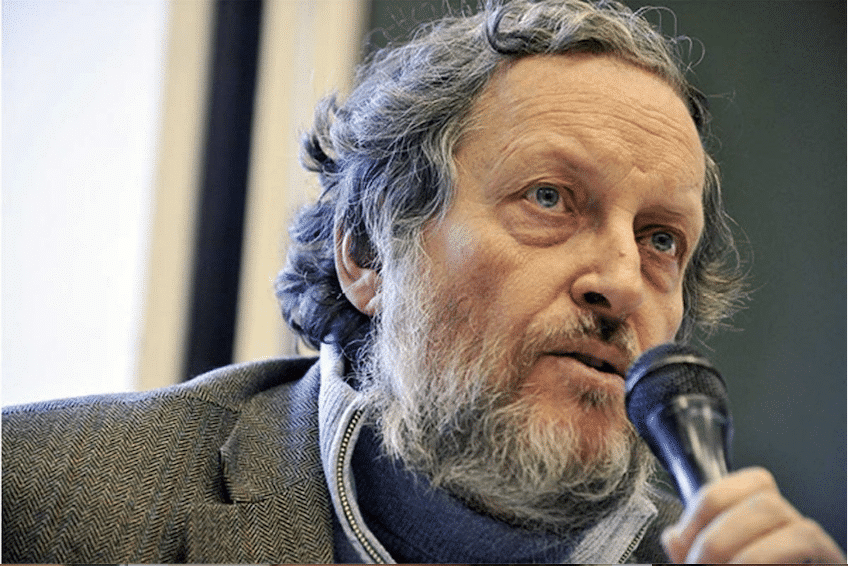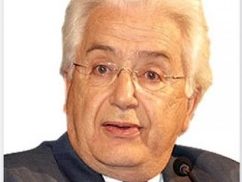Mohamed Arkoun (b. 1 February 1928, Algeria; d. 14 September 2010, France; buried in Morocco) passed away just three months before the so-called Arab revolts started in Tunisia on 17 December 2010. Like many other Arab-Muslim scholars of world fame who outlive him, he would have loved to see the masses chanting the slogans of change of these revolts in their early days: “liberty, equality, dignity.” His generation of Arab intellectuals (since the 1960s) did not experience massive social movements and events calling for such a change; rather, they lived war defeats (pre-and-post-1967), the rise of secular authoritarianism (like that of Iraq, Syria and Nasser) and religious conservativism and political Islam (like that of the Islamic Republic of Iran, Taliban, Sudan, and Algeria). However, Arkoun lived the environment of the European events of May 1968, especially its influential French version. He must have dreamt of something similar taking place in Arab lands! As a historian of ideas, he must have known that similar moments are unique, and need their own factors or “points of accumulation” – to use the terms of the historian Jalal al-Azmeh- to take place. If he lived to see the current disappointments of the Arab revolts in Egypt, Libya, Syria and Yemen he could have easily brought to the surface similar episodes from the history of the three monotheistic/Abrahamic religions to show that “orthodoxies” rise and fall, and that “hegemonies” give only lip-service to the malaise of the “wretched of the earth.” As a historian of ideas, he also developed his own project that was constantly in progress, an unfinished project one may say. Examining his treatises and their content allow us to categorize him also as a theologian-philosopher who struggled with big questions that the cultures and societies he lived in and belonged to raise(d), questions like reason, revelation, religion, theology, philosophy, politics, ethics, pluralism, identity, history, and language.



